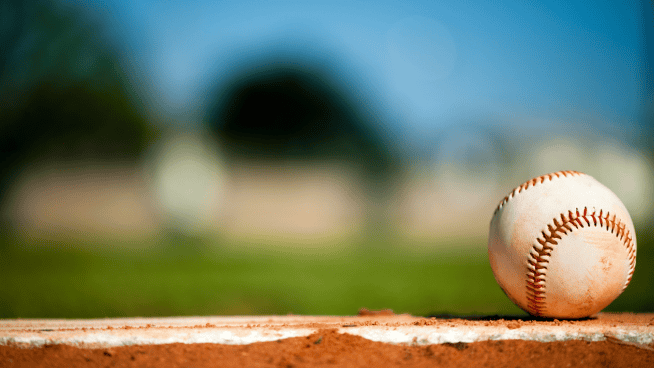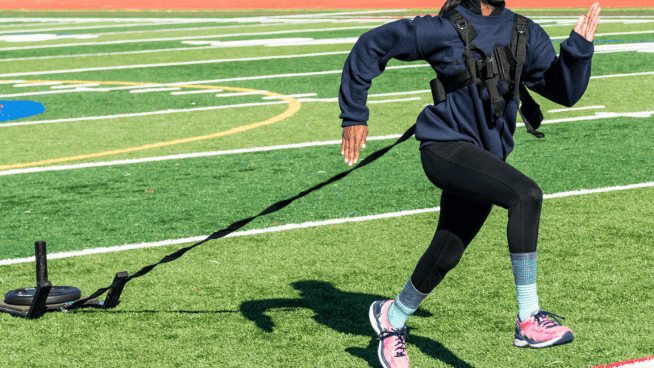Why Crash Diets Don’t Work
Crash dieting is when you cut your calorie intake dramatically to lose weight fast. So why is it a bad idea? STACK talked to sports dietician Leslie Bonci to find out why you shouldn’t go on a crash diet.
Crash Diets Do More Harm Than Good
Yes, the popular diet style might help you lose weight fast, but it also diminishes your cognition, performance ability and energy levels.
After you cut down your calorie intake to an absolute minimum, your body fluid is the first thing to go.
If you lose a quick five pounds, that could all be water your body needs to perform at a high level. Losing that water will not only reduce your energy to perform, it will also make you weaker and slower.
Some Don’t Encourage Exercise
Have you seen the cleanses or diets that advertise, “And you don’t even have to exercise!” This claim should come with a big red flag.
According to the American Diabetes Association, exercise doesn’t just help you lose weight—it helps prevent regaining weight. When you exercise, the amount of fatty acid utilized by your skeletal muscles increases, making it easier for your body to maintain your new, lower weight.
The next thing to go when you crash diet is muscle. The body needs fuel, and when you don’t give it enough calories, it starts breaking down its own muscle. This makes you weaker and negatively affects what you need to do.
Frankly, They’re Not Fun
Another unpleasant characteristic of crash diets is that they are boring. Since your calorie intake drops, you have fewer food options to choose from. You tend to eat the same food every day, which can make you sick of it very quickly.
Finally, a crash diet affects your mental and physical performance. When you don’t eat a sufficient number of calories, you become more fatigued, which can lead you to become unable to focus in the classroom or on the field.
RELATED:
RECOMMENDED FOR YOU
MOST POPULAR
Why Crash Diets Don’t Work
Crash dieting is when you cut your calorie intake dramatically to lose weight fast. So why is it a bad idea? STACK talked to sports dietician Leslie Bonci to find out why you shouldn’t go on a crash diet.
Crash Diets Do More Harm Than Good
Yes, the popular diet style might help you lose weight fast, but it also diminishes your cognition, performance ability and energy levels.
After you cut down your calorie intake to an absolute minimum, your body fluid is the first thing to go.
If you lose a quick five pounds, that could all be water your body needs to perform at a high level. Losing that water will not only reduce your energy to perform, it will also make you weaker and slower.
Some Don’t Encourage Exercise
Have you seen the cleanses or diets that advertise, “And you don’t even have to exercise!” This claim should come with a big red flag.
According to the American Diabetes Association, exercise doesn’t just help you lose weight—it helps prevent regaining weight. When you exercise, the amount of fatty acid utilized by your skeletal muscles increases, making it easier for your body to maintain your new, lower weight.
The next thing to go when you crash diet is muscle. The body needs fuel, and when you don’t give it enough calories, it starts breaking down its own muscle. This makes you weaker and negatively affects what you need to do.
Frankly, They’re Not Fun
Another unpleasant characteristic of crash diets is that they are boring. Since your calorie intake drops, you have fewer food options to choose from. You tend to eat the same food every day, which can make you sick of it very quickly.
Finally, a crash diet affects your mental and physical performance. When you don’t eat a sufficient number of calories, you become more fatigued, which can lead you to become unable to focus in the classroom or on the field.
RELATED:










